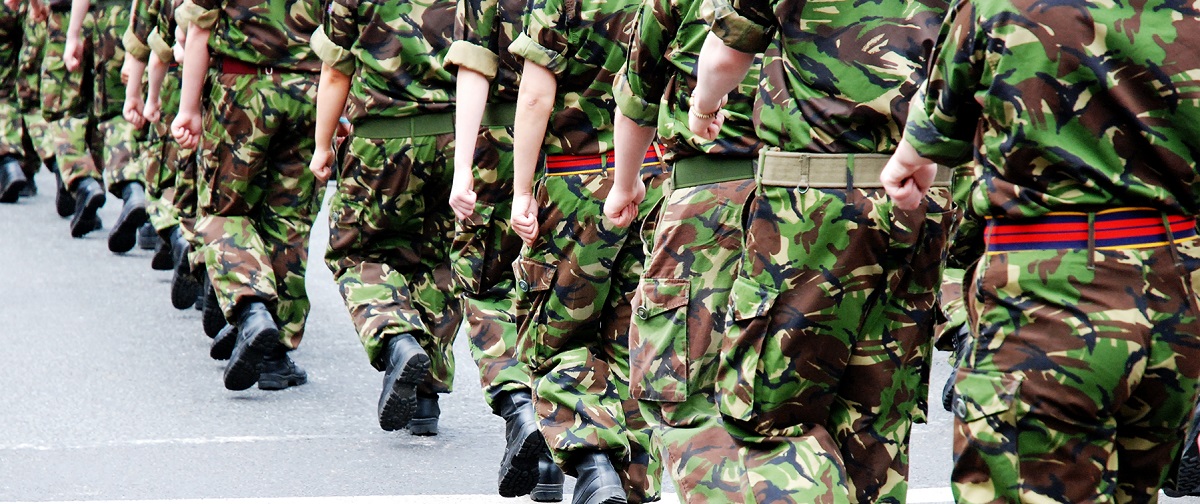
April 2020’s Leaders' Summit saw a session on crisis planning from Lieutenant Colonel Richard Clements OBE, Liaison Officer with the Civil Authorities, who put forward the argument that dissenting voices should never be silenced in an organisation.
“Find a way to surface dissent and bring it into the conversation in a safe environment. ‘Group think’ is a real phenomenon,” he said.
Drawing on his experience in a terrorist incident on an army base, Clements explained why clear leadership and well-rehearsed crisis plans are just as essential in organisations as they are in the army.
He told delegates that many of the same principles apply to those leading a crisis as they do to those fighting a war. In a crisis, he said, you cannot always predict how people will behave. “Some go passive and just observe events, some run and hide, some rush in to help, some even go deaf and are unable to do anything,” he said. “All these groups need direction. Someone needs to take control.”
Clements listed the following four key elements as essential for crisis management:
- Leadership and management
- Lived culture
- Communication
- Training - and regular drills to reinforce it
“All four of these need to work together effectively to ensure you cope with the crisis and survive it” he said.…